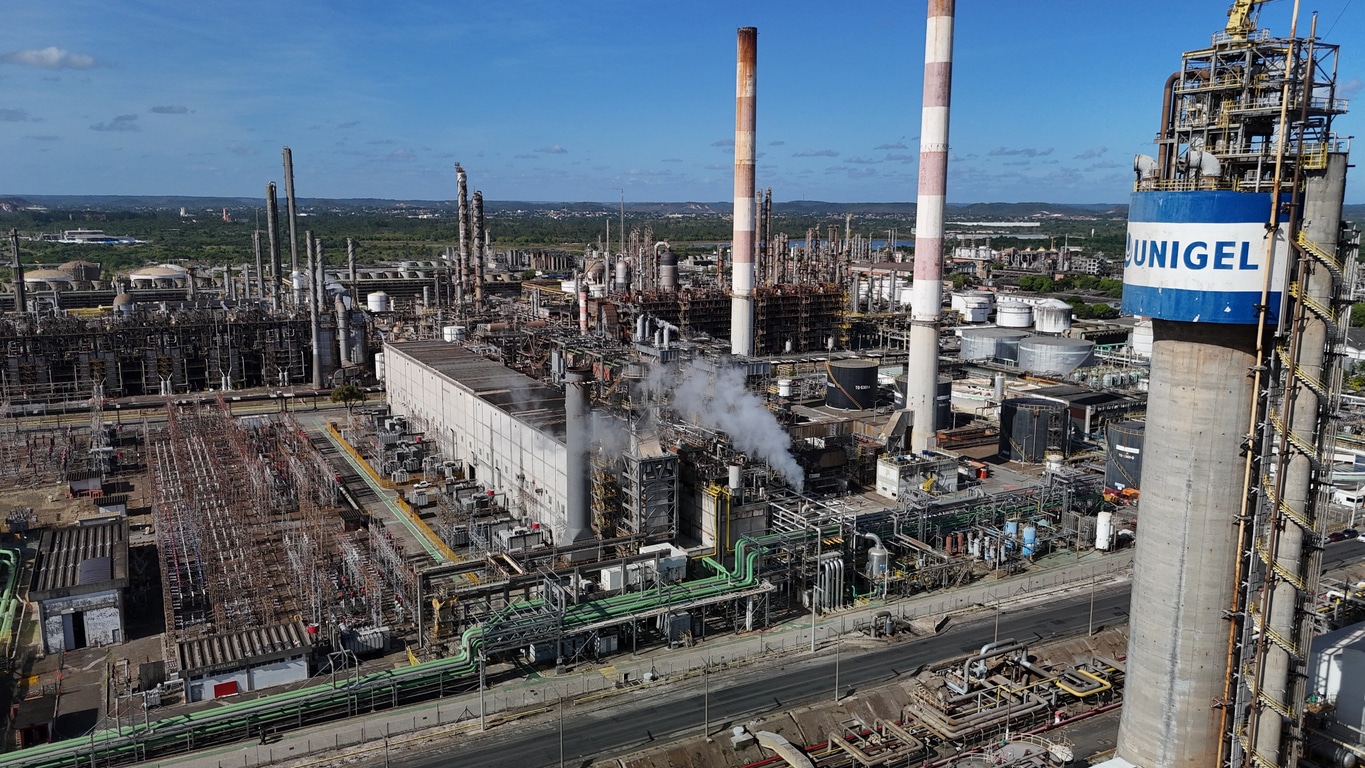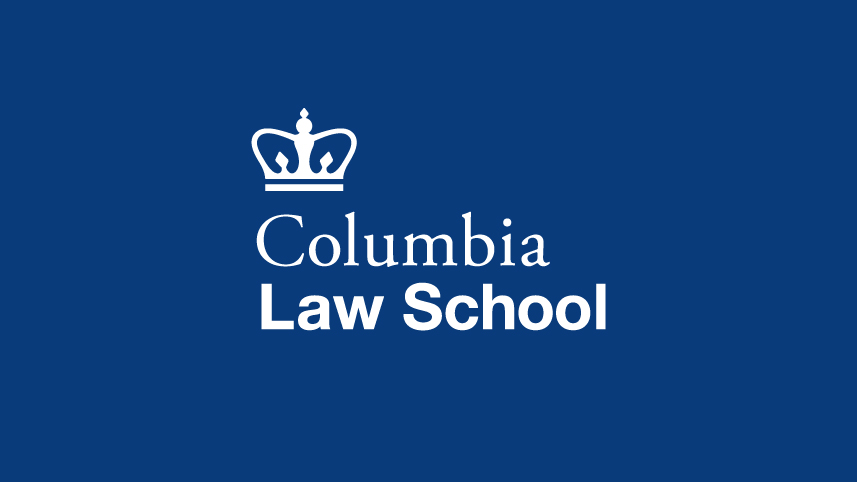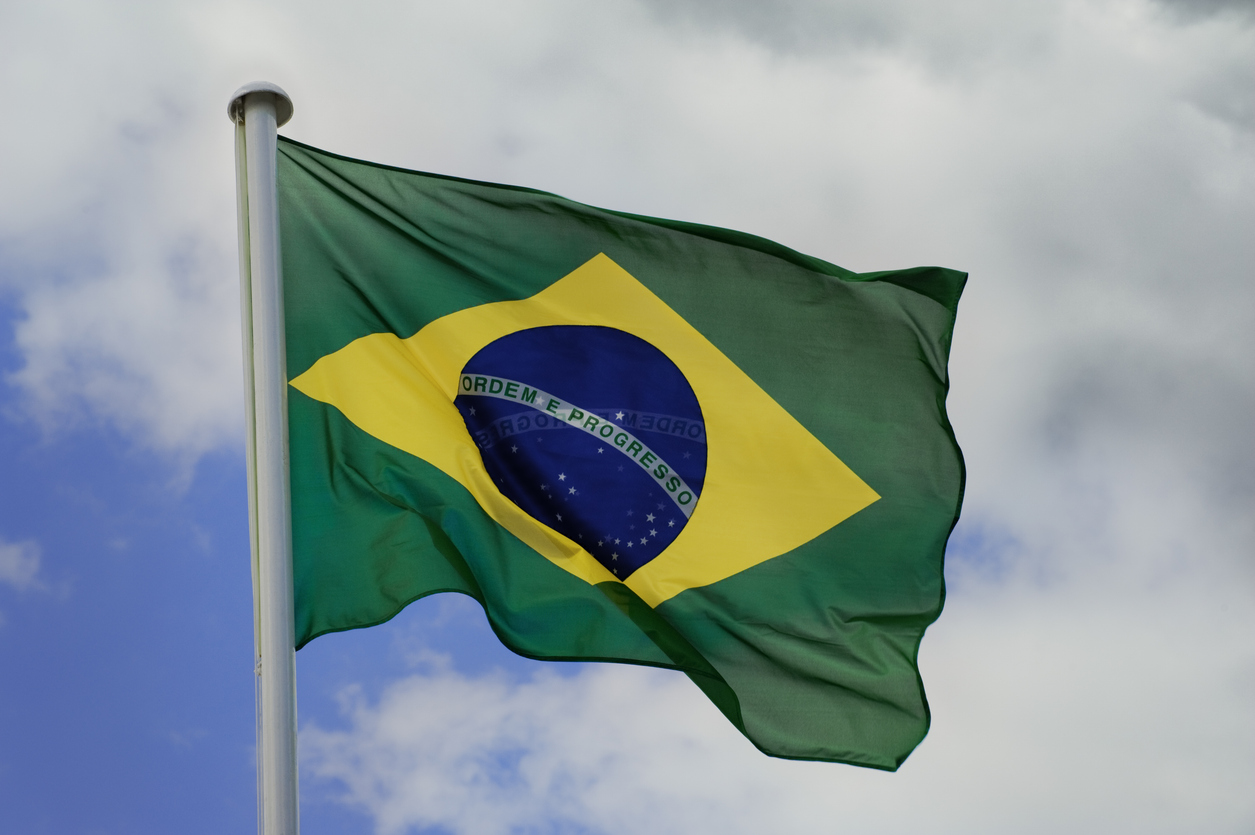The Role of U.S. Whistleblower Laws in Fighting Corruption in Peru

In early December, Kohn, Kohn & Colapinto founding partner, Stephen M. Kohn delivered the keynote address for Semana de la Integridad, 2023 (Integrity Week) to an audience of 800 in Lima, Peru.
Kohn was invited by the Executive Director of the Consejo Privato Anticorrupción (Private Anti-Corruption Council or “CPA”), Eduardo Herrera. Herrera became familiar with Kohn’s work after he participated in an International Visitors Leadership Program in which Kohn spoke to the Peruvian delegation on transnational whistleblower laws.
The CPA helps Peru in promoting ethics and fighting corruption. They hope that through their work will help to reform the justice system and improve rule of law.
Herrera said that “this event is the beginning.” CPA is planning to further promote information sharing on best practice whistleblower programs.
During the speech, Kohn explained how Peruvian whistleblowers can use transnational U.S. whistleblower laws and receive rewards based on their complaint. Between the implementation of the transnational SEC Whistleblower Program in 2010 and 2021, 13 Peruvian whistleblowers reported tips to the United States.
Peru was also implicated in four Foreign Corruption Practice Act (FCPA) cases, which is covered under the SEC Whistleblower Program, meaning that if whistleblowers tipped off enforcement agencies, they could receive 10-30% of the sanctions levied in these cases.
Given the abundance of commodities such as timber and minerals in Peru, tips from Peruvian whistleblowers are also key to the fight against transnational environmental corruption. They may receive rewards for reporting corruption, fraud, or illegal trafficking related to the trade of wood, minerals, and other commodities.
After Kohn concluded his remarks, journalist Graciela Villasis, who is Head of the Research Unit of the newspaper El Comercio, responded to his presentation. She discussed the important role of journalists in whistleblowing and exposing corruption.
Penalty Judge José Ugaz also provided commentary. He expressed doubt about whether the model of rewards would work in Peru.
Kohn responded to the question about whistleblower rewards saying, “A whistleblower, as we see it today, is a rational economic actor. They’re a person in a position sometimes high up, they have a job, they have a family, and they have a career. Therefore, their decision to blow the whistle must be rational based upon economic factors. And once that is understood, the ability to bring these reluctant rational actors out to effectively fight corruption is realized.”
Latest News & Insights
October 22, 2025






